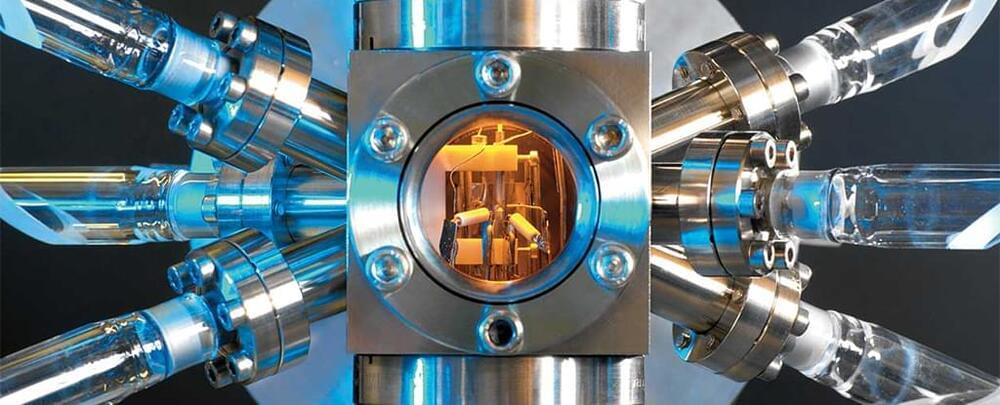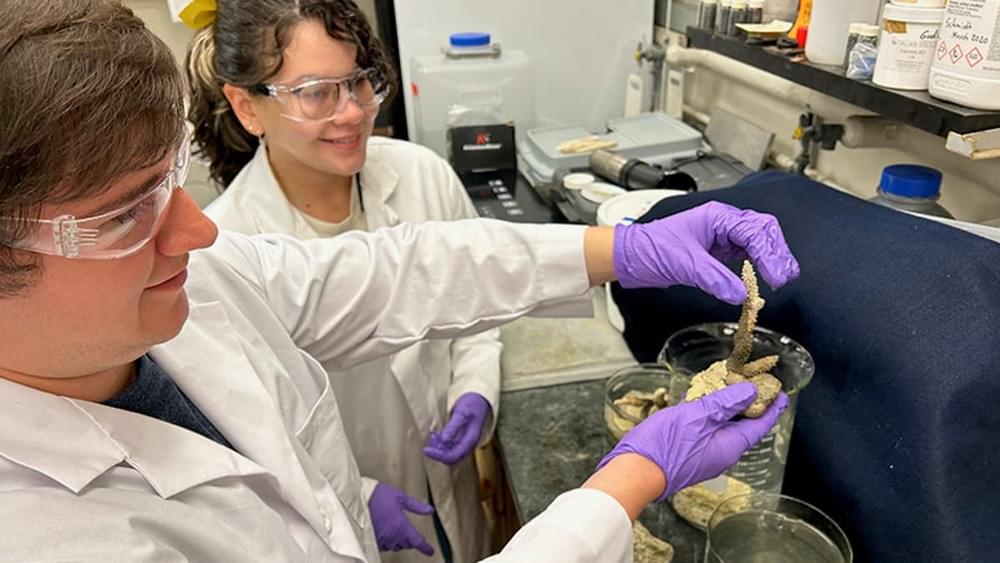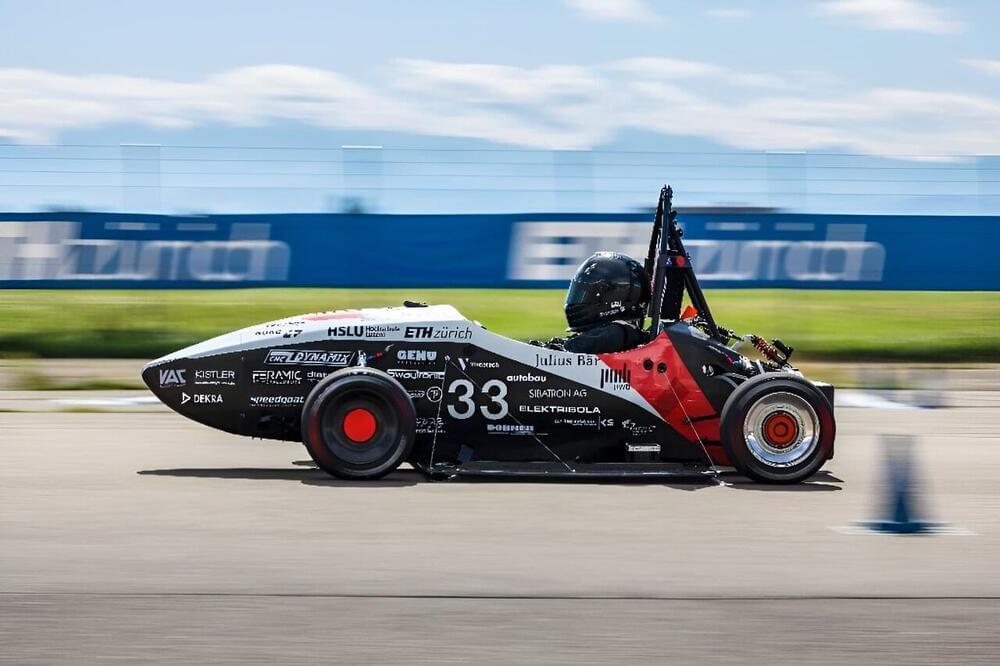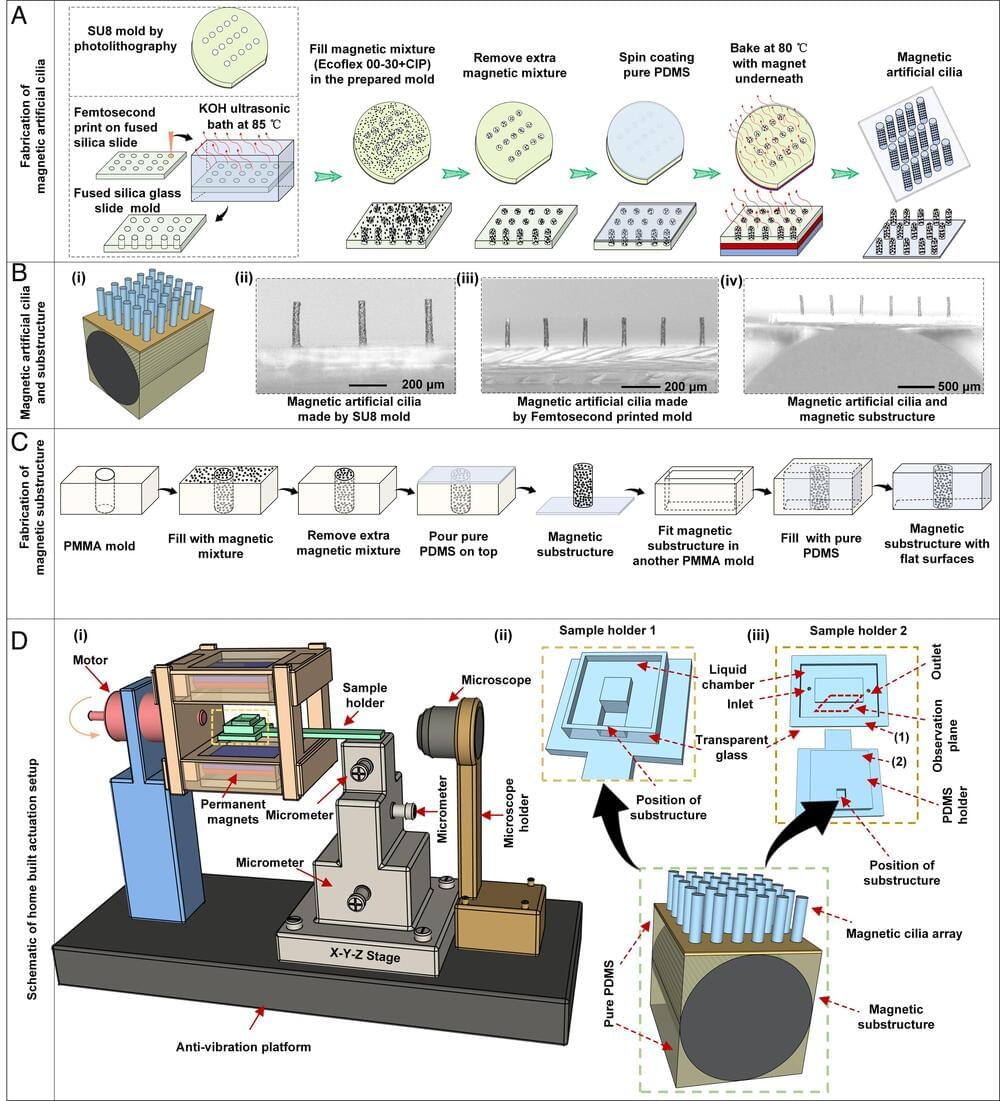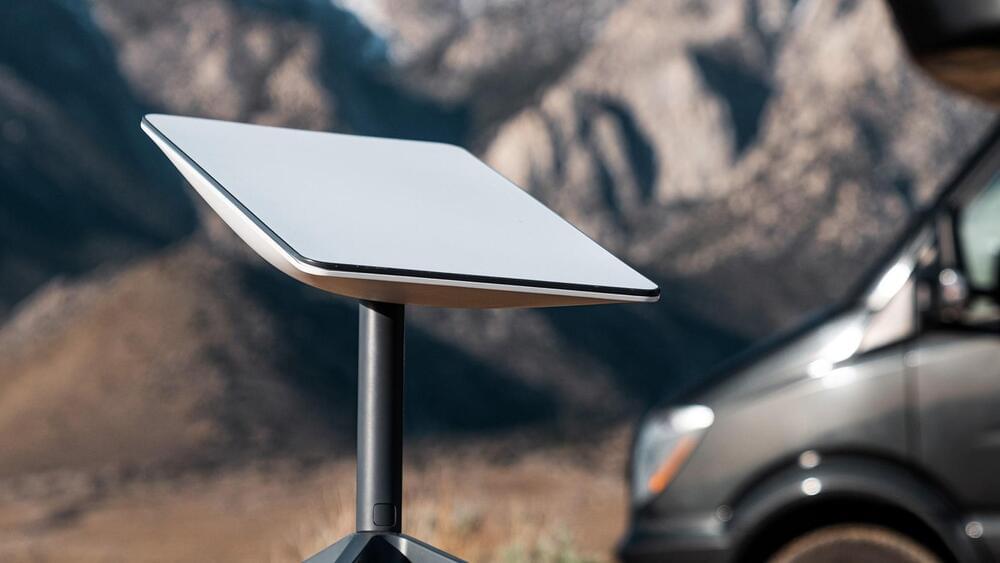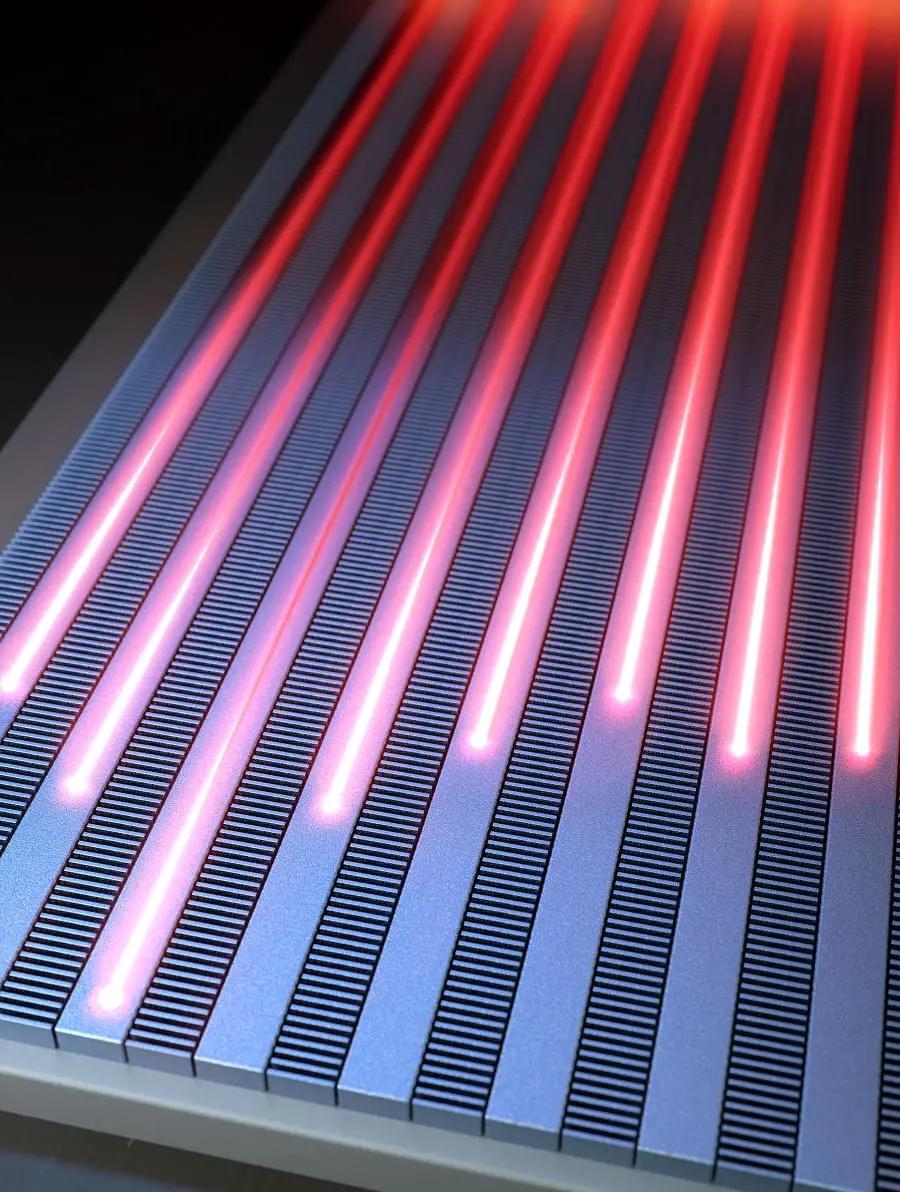Check out the new For All Mankind Season 4 Teaser starring Joel Kinnaman!
►
► Shop Rotten Tomatoes: http://bit.ly/3m59uhu.
US Air Date: November 10, 2023
Starring: Joel Kinnaman, Wrenn Schmidt, Krys Marshall.
Network: Apple TV+
Synopsis: Rocketing into the new millennium in the eight years since Season 3, Happy Valley has rapidly expanded its footprint on Mars by turning former foes into partners. Now 2003, the focus of the space program has turned to the capture and mining of extremely valuable, mineral-rich asteroids that could change the future of both Earth and Mars. But simmering tensions between the residents of the now-sprawling international base threaten to undo everything they are working towards.
Watch More:
► Rotten Tomatoes Originals: http://bit.ly/2D3sipV
► Fresh New Clips: https://bit.ly/3mJePrv.
► Hot New Trailers: http://bit.ly/2qThrsF
► New TV This Week: http://bit.ly/2D3fsHa.
Rotten Tomatoes TV delivers Fresh TV at a click! Subscribe now for the best trailers, clips, sneak peeks, and binge guides for shows you love and the upcoming series and TV movies that should be on your radar.
